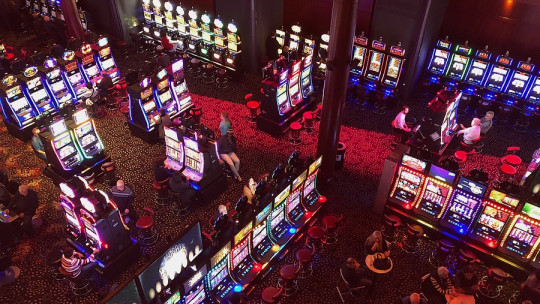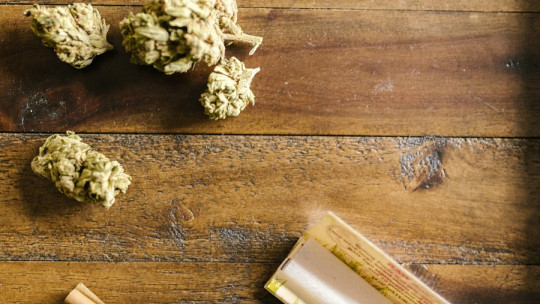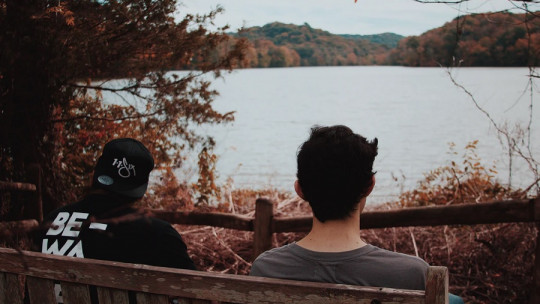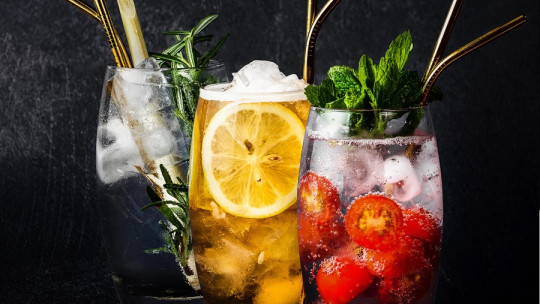
As we already know, Prevention is always better than having to intervene, especially if what we are talking about is addiction to any substance or behavior. The truth is that it is always better to provide the means so that the damage that comes with an addiction does not appear.
There are people who think that an addiction cannot be cured, and they are wrong. It is difficult, it requires time and commitment, but it is possible to overcome it and leave it behind. And at Fromm Bienestar we have been helping people achieve this for a long time. Of course, addictions can be prevented as long as we have a plan for it.
Can addiction be prevented? As?
We will say that yes, addiction can be prevented, but it is necessary to mention that this disease does not appear out of nowhere; There are factors and aspects that condition the potential addict towards dependencies It’s like the example that is always given: the more lottery tickets you carry, the more likely it is that you will win.
It must be said that there are many aspects that influence the development of an addiction, and that it is very difficult to have them all under control. However, there are some that are more easily noticeable than others and that can be intervened before they become more serious. Some of them are the ones we point out below:
1. Low mood and depression
When a person we care about is sad and we see it, in fact, if we see them too down, we can consider that this is the first symptom that something may be happening, and we must be alert.
Note that Two of the main aspects that cause a possible addiction are precisely depression and sadness That is why it is important to worry and try to lend a hand to that person, try to see what the origin of his condition is. We can try to show her that we care, that we support her without passing judgment and by talking to her constantly.

2. The influence of the group
One of the factors that can powerfully influence a person’s behavior is the group, those individuals with whom one surrounds oneself If the person we are talking about is always with people who do not seem recommendable to us, it is essential to be attentive and be very cautious. Telling them openly may not be the solution, since the only thing it will cause is rejection towards us.
What you can do is try to make him understand that he is not with the best company, and that, although we are worried, the final decision about whether or not he wants to be in that company is his. It’s not about getting into your life and your decisions, but rather accompanying you and giving you our point of view If we are able to do it, this will be a very interesting tool to help you change.
3. Bad habits make it much more difficult to prevent addiction
This is exactly like that, as is. It is essential to have healthy and positive lifestyle habits and, if we want to help someone prevent addiction, we have to encourage in that person the habits we are talking about.
Some bad habits can be, for example, sleeping too much, eating incorrectly, not having established schedules for our rhythm of life, and many others that we see in people around us on a daily basis.
Providing advice and help on how to establish positive routines can be a great idea, as they will help the person have the psychological balance they need.
In conclusion
To summarize, it is true that we cannot control everything, and that sometimes, addiction prevention involves factors and aspects that are beyond our control. However, we can do certain things so that there is less chance of that person developing an addiction.
It will be essential to transmit values and norms that they can internalize without seeing them as something imposed, but rather see them as something yours. Nor can we forget that addiction emerges as an element that helps us avoid a situation or feeling, to manage a painful situation.








